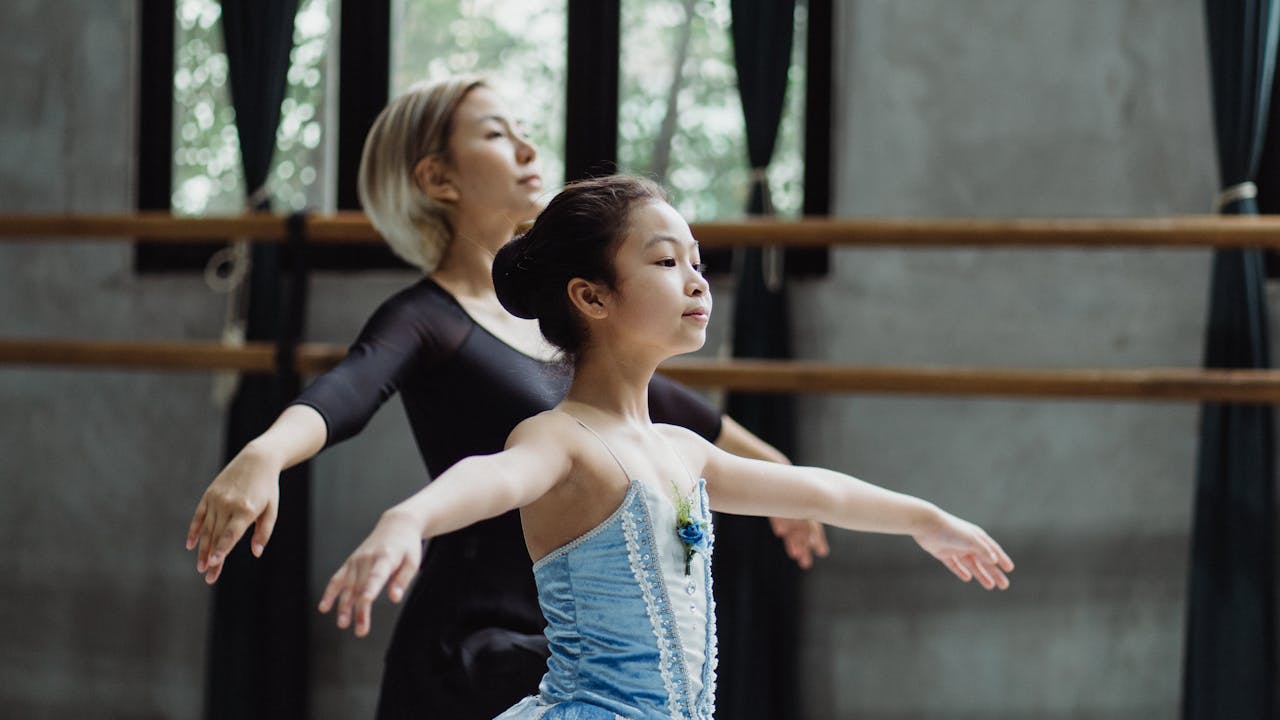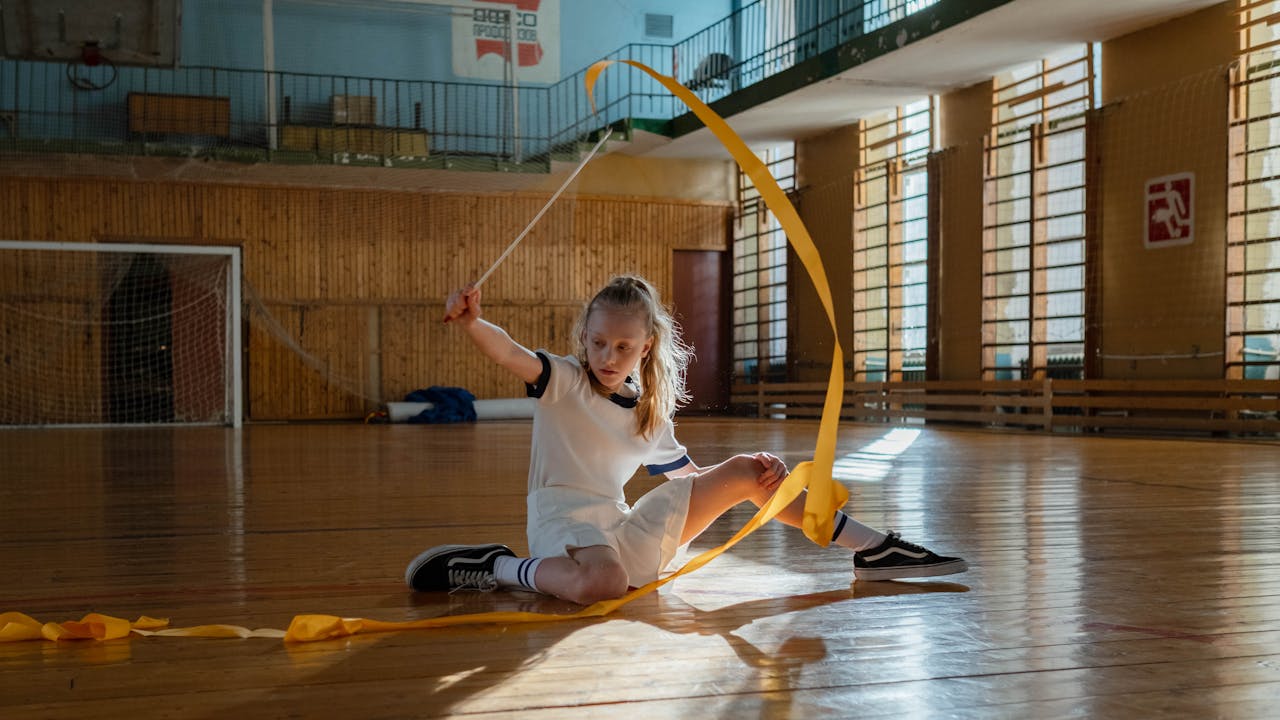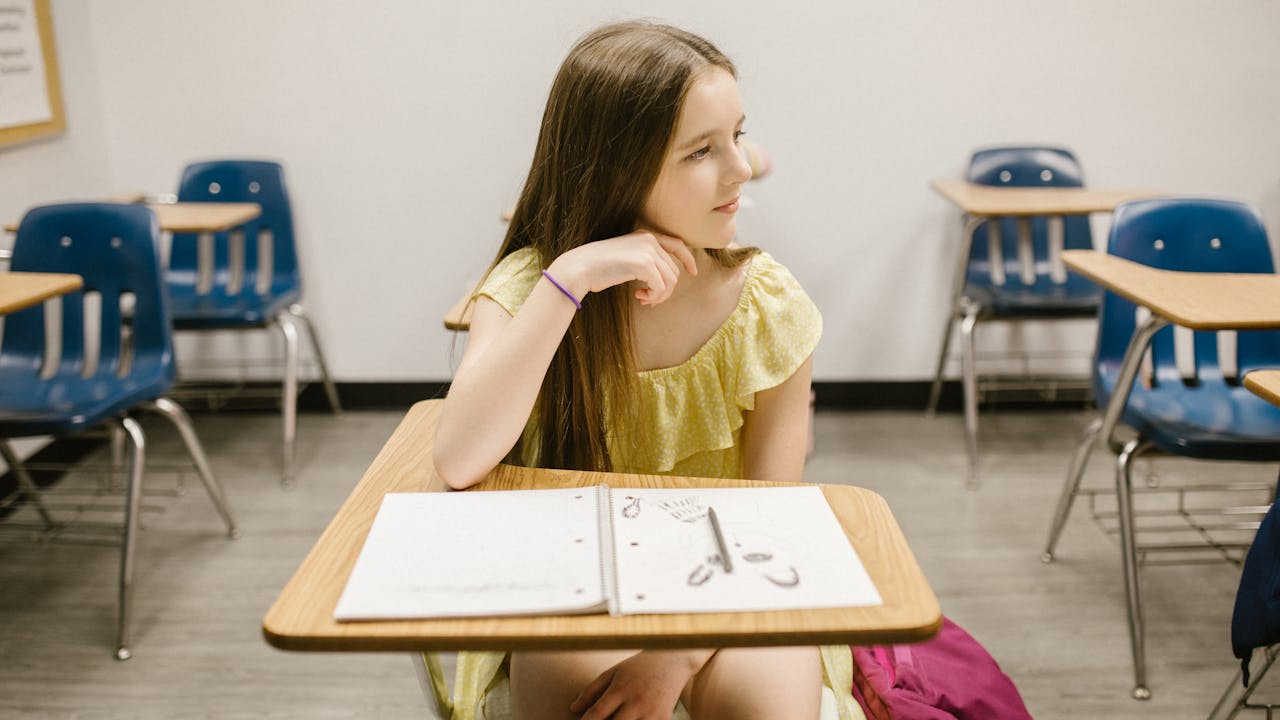Dance education serves as a vibrant avenue for self-expression, cultural exploration, and personal development. Through the study of movement, choreography, and dance history, dance education empowers individuals to express themselves creatively, connect with their bodies, and engage with diverse cultural traditions. In this discourse, we delve into the essence of dance education, its transformative potential, and its role in shaping well-rounded individuals.
Understanding Dance Education
Dance education encompasses a diverse range of practices and pedagogies aimed at cultivating technical proficiency, artistic expression, and cultural appreciation. It provides individuals with opportunities to explore various dance styles, techniques, and traditions, from classical ballet to contemporary dance, from traditional folk dances to urban street styles. Through structured classes, workshops, and performances, dance education fosters physical fitness, creativity, and personal growth in individuals of all ages and backgrounds.
Cultivating Physical Fitness and Well-being
One of the primary objectives of dance education is to cultivate physical fitness and well-being in individuals. Through the practice of dance techniques, students develop strength, flexibility, coordination, and cardiovascular endurance – all essential components of physical fitness. Additionally, dance education promotes body awareness, alignment, and mindfulness, helping students develop a deeper connection with their bodies and a greater appreciation for the benefits of regular physical activity.
Fostering Creative Expression
Dance education plays a crucial role in fostering creative expression in individuals. By exploring movement, improvisation, and choreography, students are encouraged to express themselves authentically and develop their unique artistic voice. Dance education provides a safe and supportive environment for creative exploration, allowing students to experiment with different movement qualities, styles, and themes. Through the process of creating and performing dance works, students learn to communicate their thoughts, emotions, and ideas through movement, fostering self-expression and personal growth.
Promoting Cultural Understanding and Appreciation
Dance education promotes cultural understanding and appreciation by exposing students to diverse dance styles and traditions from around the world. By studying the history, techniques, and cultural significance of different dance forms, students gain insight into the values, beliefs, and traditions of diverse communities. Dance education fosters respect, empathy, and appreciation for cultural diversity, helping students develop a global perspective and a greater understanding of the interconnectedness of the human experience.
Enhancing Social and Emotional Development
Dance education also plays a crucial role in enhancing social and emotional development in individuals. Through collaborative dance projects, group performances, and partner work, students learn to communicate effectively, collaborate with others, and work together towards a common goal. Dance education promotes teamwork, communication, and empathy, helping students develop essential social skills that are transferable to other areas of learning and life. Additionally, dance has the power to evoke a wide range of emotions, from joy and excitement to sadness and introspection, allowing students to explore and express their emotions in a safe and supportive environment.
Empowering Personal Growth and Self-Discovery
Central to the philosophy of dance education is the belief that dance has the power to transform lives and empower individuals to reach their full potential. By providing opportunities for personal growth, self-discovery, and artistic expression, dance education helps students develop a sense of identity, purpose, and confidence in themselves and their abilities. Through the process of learning, rehearsing, and performing dance works, students learn to take risks, overcome challenges, and embrace their unique talents and strengths.
In conclusion, dance education serves as a powerful catalyst for personal and societal development, enriching lives through the exploration of creativity, cultural understanding, and personal expression. By cultivating physical fitness, fostering creative expression, promoting cultural understanding, enhancing social and emotional development, and empowering personal growth and self-discovery, dance education equips individuals with the skills, knowledge, and confidence to become engaged citizens and lifelong advocates for the arts. Through continued investment and commitment to quality dance education programs, we can unlock the transformative power of dance to create a more vibrant, connected, and compassionate world.




